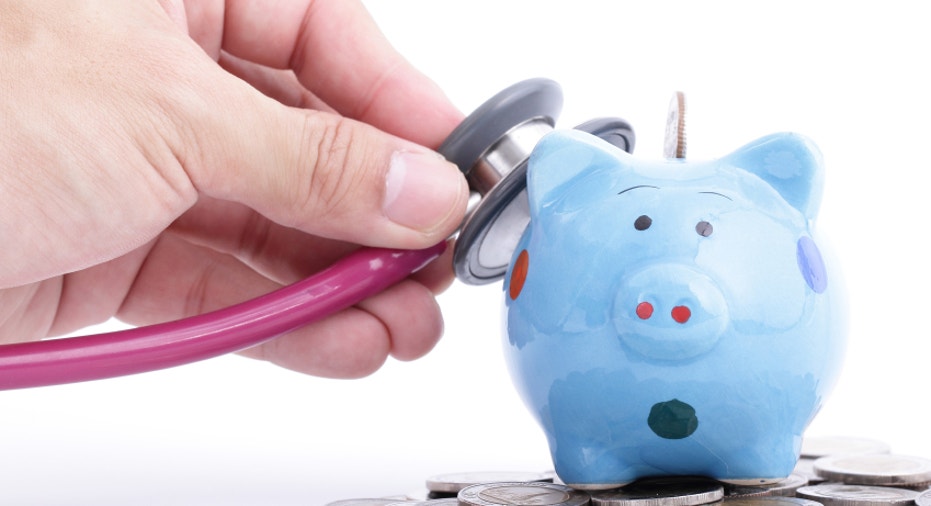3 Health Myths that Cost You Money

At the start of a new year, many of us make resolutions. Often, these resolutions can seem to contradict each other. For example, if getting healthy was on your list, you might have joined a gym. But that added cost is cutting into your goal of saving more money in 2014.
The two resolutions don’t have to be at odds. In fact, there are some health myths costing you money. You can cut them out and live a healthier life while saving money.
1. I Need Special Foods
If you have health issues that require special foods, this doesn’t apply to you. But if you're jumping on the bandwagon to try fashionable diets, you may be doing a disservice to both your health and your wallet. For example, going gluten-free has become quite trendy.
Many celebrities have cited this diet as causing a loss in weight. Companies have responded by providing special gluten-free products but these are often very expensive alternatives. But you don’t actually need any "special" foods to go gluten-free.
Under a physician’s care you can try a gluten-free diet by simply choosing naturally gluten-free foods. In general, special "diet" or "low-fat" products will be more expensive than "normal" food. But the special foods aren’t always necessary. Try portion control – eating less of the real thing – or going natural – eating more fruits and vegetables and fewer processed foods.
2. I Must Work Out at the Gym
For many people, becoming a member of a gym can help keep you motivated to work out. But for others a gym membership isn’t really necessary. There are ways to work out at home or outside that can be very effective. For example, you can run, jog, walk or bike outside.
This becomes even more appealing as the weather gets nicer in spring and summer. You can work out in your house with free weights or fitness DVDs. Before you sign a contract to shell out a monthly fee on a gym membership, look into lower-cost alternatives to stay in shape.
3. The 'It’s Not Costing Me Anything' Attitude
If you're out of shape, it's costing you. Being fit can have benefits aside from more energy and looser clothes. Physical fitness reduces the likelihood of some (potentially expensive) health conditions including type 2 diabetes, high blood pressure, osteoporosis, heart disease and depression.
Being out of shape is costly, and not just in money. Getting in shape can lower your bills. For example, good health can generally save you money on health care or life insurance. You will get favorable rates if you live a healthy lifestyle. And even if you aren't yet fit and healthy, it can pay to make an effort.
If you get healthier, by, say, quitting smoking or losing weight, be sure to get a new quote on your insurance. You may find your rates significantly reduced.
Read More from Credit.com
How Credit Impacts Your Day-to-Day Life



















